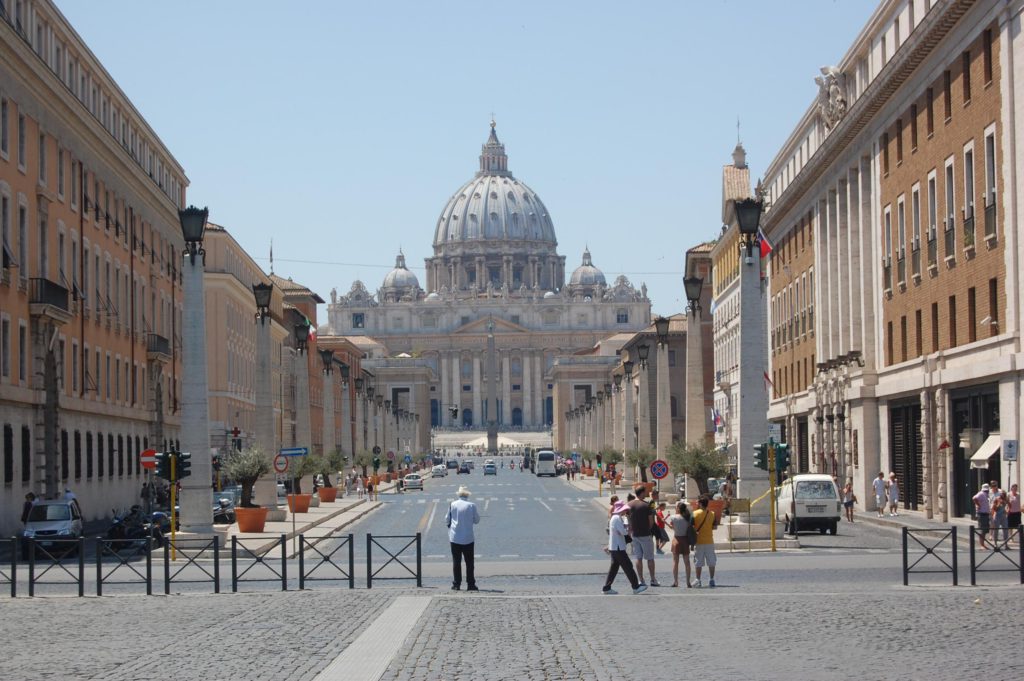Rome considers a ban on diesels to protect historic monuments
05 March 2018

5 March 2018
The Italian capital of Rome has decided to ban all private diesel vehicles from entering the city from 2024 to improve air quality and congestion issues.
The city’s mayor, Virginia Raggi, announced the plans on social media, saying that to intervene in a number of issues causing problems in Rome, then politicians need the courage to take tough action.
As well as air pollution, it is believed that diesel vehicle emissions are also endangering thousands of historic monuments within the city. One example of this is St. Peter’s Basilica, which had its façade cleaned in a year-long procedure during 2000 to rid it of pollution particles which had darkened the church. However, 18 years after this, significant pollution is again visible. A study by Italy’s Ministry of Culture suggests a total of 3,600 stone monuments, together with 60 bronze sculptures, are in danger from diesel fumes.
Rome has no significant industrial facilities near the city centre, meaning high levels of air pollution can be ascribed mainly to traffic. The total ban on private diesel vehicles comes after other measures, such as alternating between even and odd-numbered licence plates being allowed to enter Rome on certain days, being circumvented by those who live in the city.
The move will also allow congestion in the capital to ease, following a study by TomTom in 2017 that suggested drivers spend on average 42 minutes a day in traffic jams or six whole days per year.
In addition to Rome, the city of Milan is also considering implementing a ban on diesel cars, with plans in place to introduce legislation that would prevent vehicles driving within its limits by 2030.
Posting on the social media site Facebook, Raggi said: ′Climate change is changing our life habits. Our cities are facing unexpected challenges.
′That is why we must act quickly. Together with the other major world Capitals, Rome decided to engage in the front line, and I announced that, from 2024, the use of diesel cars would be banned in the city centre of Rome. If we want to intervene seriously, we must have the courage to take strong measures. We must act on the causes and not just the effects.’
The news comes following a landmark ruling by German courts, which dismissed an appeal by the cities of Dusseldorf and Frankfurt and found in favour of the country’s environmental group, the DUH, to force cities to outlaw diesel vehicles. This could see similar bans across Europe, putting another nail in the coffin of the technology.
This is likely to allow other cities throughout Europe to follow suit, especially as many are already breaching annual air pollution targets. While some may opt for a total ban, other cities may simply choose to expel dirtier older diesels. The plans may also have an impact on the new diesel market, which is already suffering in Europe following the Dieselgate scandal and constant demonisation since.